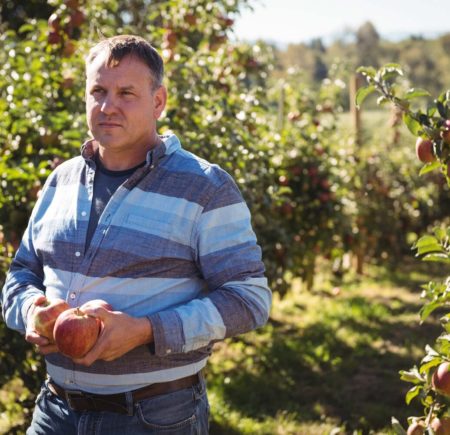

Plastic Not-So-Fantastic
I’m sure we don’t need to tell you about the impact of Coronavirus. The global pandemic essentially grinded the vast majority of major global economies to a halt, left families locked inside their homes only able to leave for exercise and food, caused record unemployment, and killed over half a million people. Where do we go from here? How do we bounce back, and could we bounce back in a more environmentally friendly way?
Year on year there has been a global shift away from single use plastics, specifically as consumers become more and more conscious of their plastic use. Companies are having to adapt to meet these needs and, on top of this, comply with new omission standards. Whilst there has been a steady downturn for plastic production amid the need to comply with new regulations worldwide, the demand for personal protective equipment has skyrocketed resulting in a boost in production for the petrochemical giants. However, analysts have warned that this is only temporary.
At the beginning of the pandemic, every country fighting the battle against COVID-19 faced major issues in being able to provide suitable PPE for front line workers. Governments scrambled to get hold of surgical masks, gloves, disposable aprons and eye protection, and manufacturing companies struggled to cope with these demands. In April, during the height of the UK epidemic, only 11% of healthcare workers believed PPE was easily available, followed by 35% believing it was somewhat available.
There is much to be said on how this is also a political issue. Politicians in power now could use the pandemic to bring us back but in a much greener way. Rishi Sunak, the British Chancellor of the Exchequer, recently revealed a radical mini-budget in a bid to get the U.K. economy off its knees. This included initiatives such as offering grants to the public of up to £5,000 to make their homes more efficient, and up to £10,000 for low income households. Whilst not directly related to plastics, this shows that we could be on the precipice of major change in plastic production and laws.
Original projections for global polyethylene production indicate an increase from 114 million tonnes per year in 2019 to 173 million in 2024, an increase of 50%. Not much to be hopeful about there. However a recent spike in societal pressure, initiatives banning single use plastic, and resin prices plummeting have meant that big corporations are scaling back on what would have been billions of pounds in investment on new factories For the sake of the environment hopefully this represents a step back from a long standing societal addiction with some nasty side effects.


